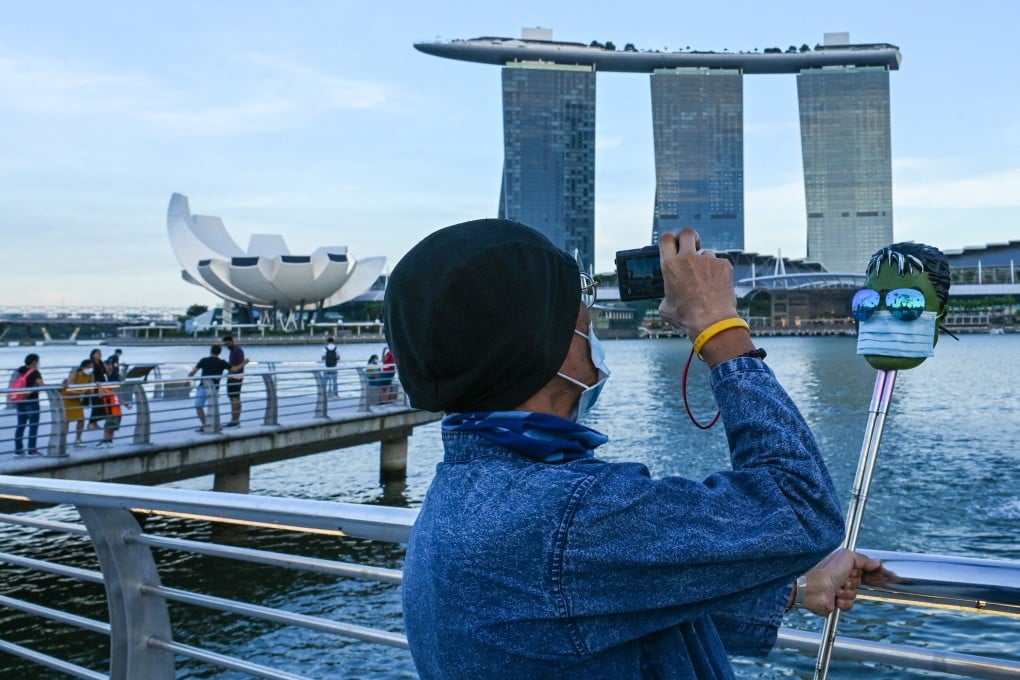Is there ‘no reason to panic’ even as Singaporeans snap up Covid-19 test kits in new wave of infections?
- The new wave accounts for more than two-thirds of infections in the city state and is derived from a new family of subvariants coined by scientists as ‘FLiRT’
- Covid-19 test kits are flying off the shelves in Singapore, with some pharmacies seeing a 150 per cent increase in demand in the last week

They warned that the latest surge is a double-edged sword because the health threat remains low as symptoms appear mild, but the wave could last longer since there would be higher transmission as those infected may not feel unwell enough to isolate themselves.
The new wave is derived from a new family of subvariants coined by scientists as “FLiRT” based on their technical names, and account for more than two-thirds of infections in the city state.
The estimated number of cases in the week of May 5 to 11 rose to 25,900 – almost double from the week before, the health ministry said in an update last weekend.
“The ministry of health is closely tracking the trajectory of this wave. To protect hospital bed capacity and as a precaution, public hospitals have been asked to reduce their non-urgent elective surgery cases, and move suitable patients to care facilities,” it said.

Health Minister Ong Ye Kung urged the elderly and vulnerable to get an additional dose of the vaccine if they had not done so in the last year.